15 Generator Uses for Homeowners
This appliance is more than just a back-up when there’s a blackout


There’s no doubt that purchasing a generator is a significant investment in your home and your safety when your space’s main source of electricity goes out. But there are many generator uses that make that investment all the more worthwhile. That annual tailgating trip in the dead of winter can be warm and fuzzy with the help from a generator-powered heater. The same can be said for outdoor sporting events in 100-degree heat. Find out 15 ways to use your generator with our tips below.

1. Power Up Your Camping Trip
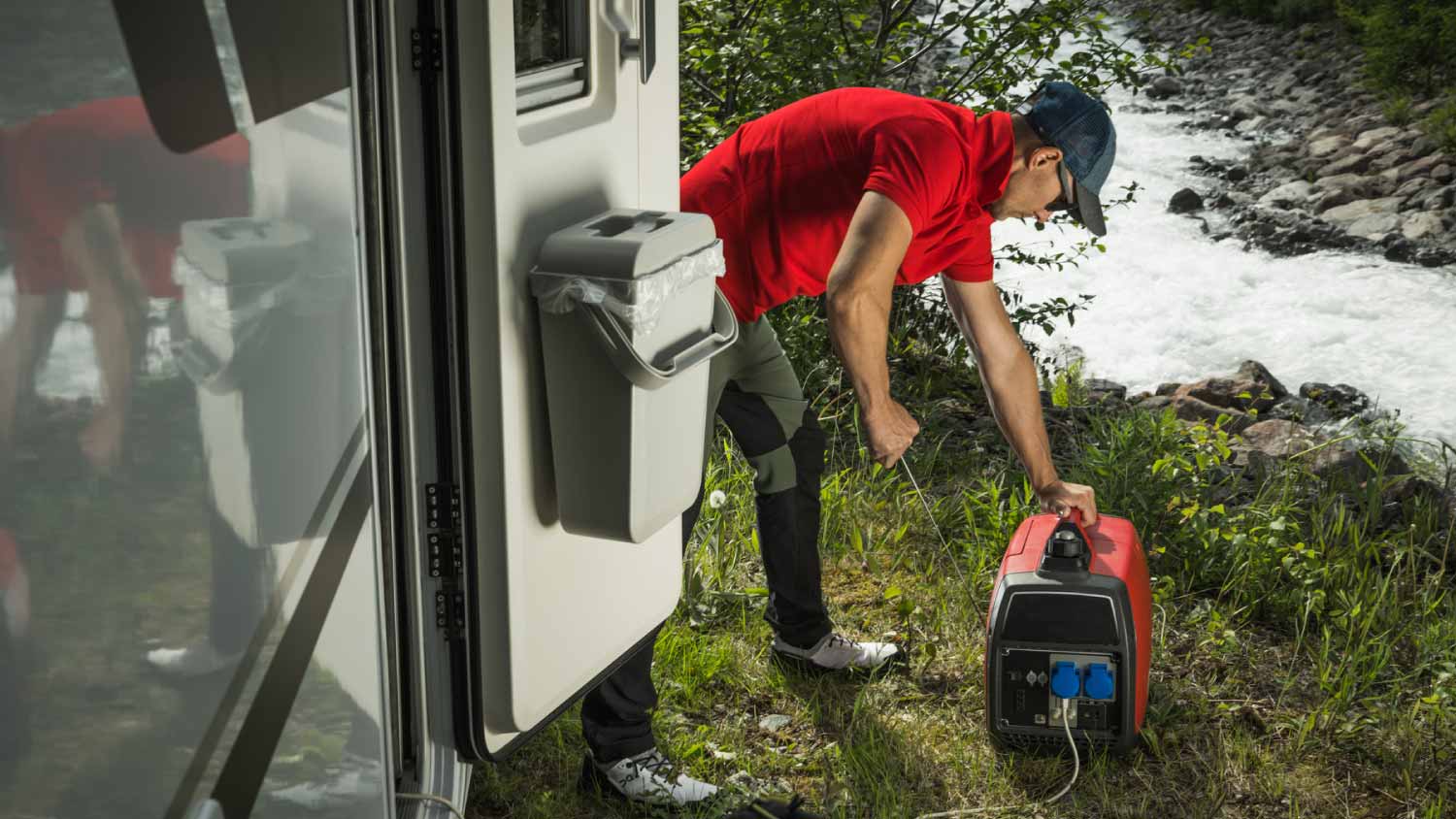
Avid campers can benefit from a portable generator to power everything from fans to bug zappers, skillets, fileting knives, or lights. The type of generator that works best for outdoor camping is an inverted model since they’re quieter and are more acceptable on campsites with noise level requirements. If you use a generator while camping, ensure that you keep the generator about 20 to 25 feet from open tents to avoid letting carbon monoxide in.
If you’re camping with an RV, you can also bring your generator along and plug it directly into the RV once the generator runs for about 5 minutes beforehand, which will protect your RV’s electrical system.
2. Service Your Electric Car
Maybe your power at home goes out and you’re panicked about making your morning commute since your electric car isn’t charged. Don’t worry; this is where a generator comes in. A portable generator ensures that no matter how long you’re out of your main power source, your car stays charged so you can make those essential trips to the grocery store, work, school pick-up line, or the emergency room.
3. Help with Your DIY Project
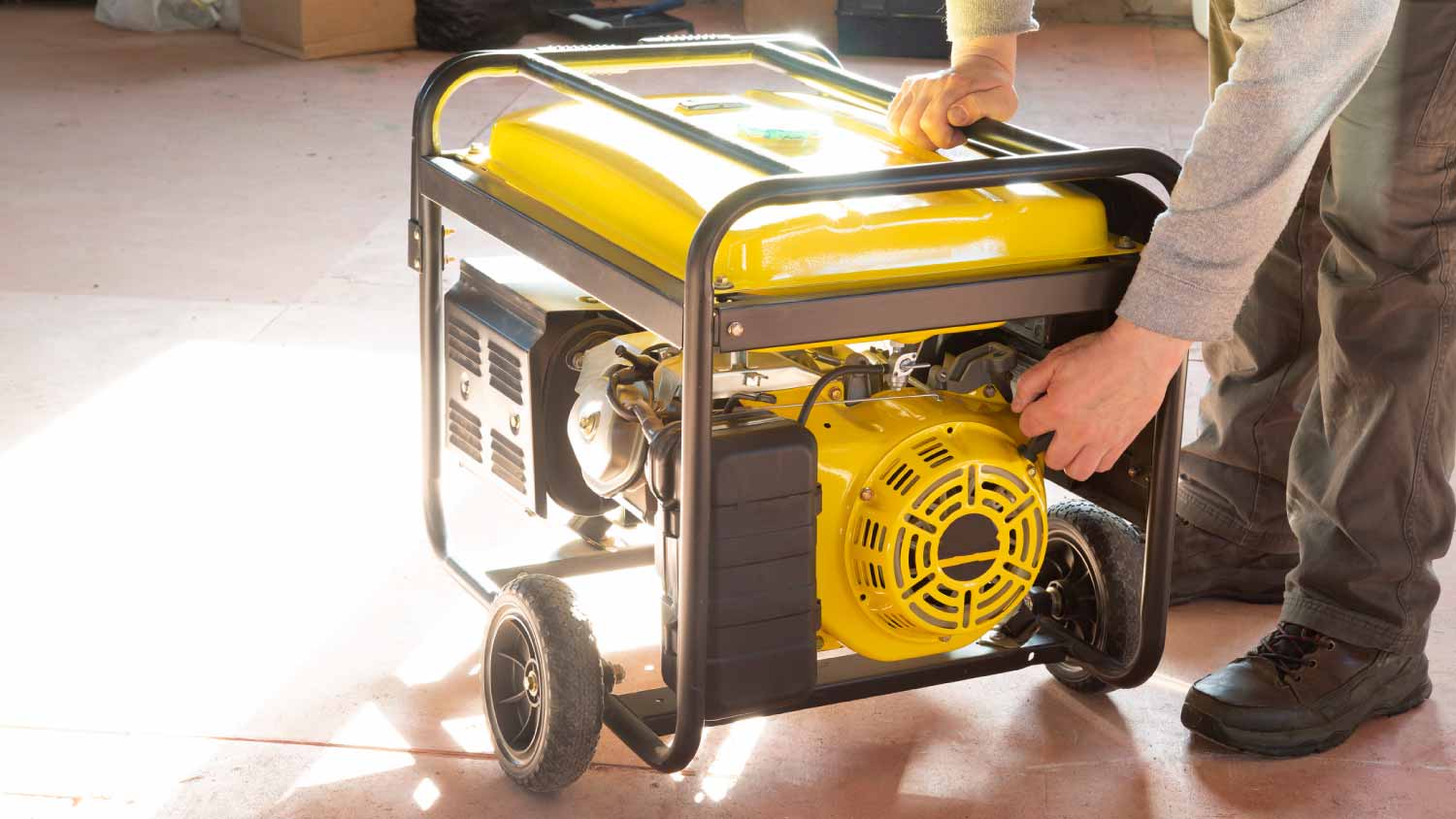
If you’re an experienced DIYer with a long list of home projects to complete, a back-up generator is convenient when your usual outlets or power sources are out of reach. When you’re working outside and need to plug in your power tools, you can insert the cords directly into your generator. You can also charge batteries for cordless tools or appliances, so you don’t have to waste valuable time that could be put toward your project.
4. Provide Back-up Power During an Outdoor Event
Those who love to entertain or often host wedding receptions, cookouts, family reunions, or other events with large crowds will need a portable generator to service appliances that run outdoors or that may overload the main system and cause a breaker to trip. From DJ equipment to lighting, heating and cooling units, or video and audio systems, you’ll need a generator as your main outdoor power source to ensure everything runs smoothly. If you have trouble deciding which type of generator to buy, a local generator installation company should be able to give you recommendations based on your needs.
5. Keep Outdoor Sporting Events Comfortable
Whether you’re cheering on your kids or your favorite professional sports team, a portable generator can keep you stay comfortable by providing a power source to fans or heaters. Instead of shivering through a chilly soccer game, you can bring your generator to power your space heater or your heated blanket. If you like to tailgate before watching your favorite team take the field, a generator can power up everything from a mini fridge to a flatscreen TV or an electric grill.
6. Assist with Medical Emergencies
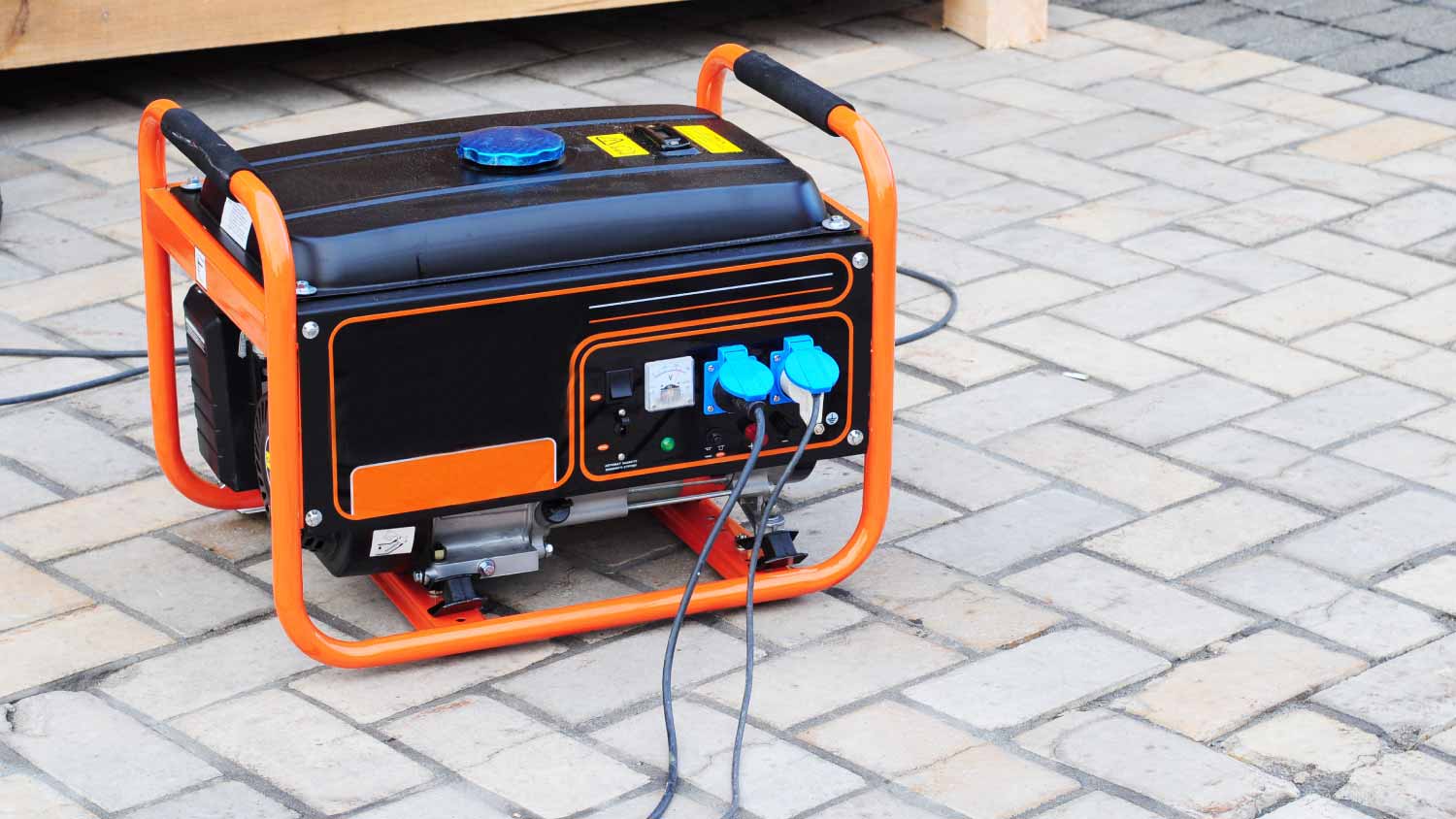
A power outage isn’t the only event that benefits from a portable generator. People who rely on electronic medical devices such as oxygen tanks or heart monitors can use a generator to keep their machines running when they need an alternate power source. If someone in your household uses a power chair, hospital bed, or other electronic machine to stay comfortable, it’s helpful to have a generator on hand in worst-case scenarios.
7. Light Up Your Holiday Display
If your home’s holiday lights are enough to make Clark Griswold proud, there’s a good chance you’ll need a generator to serve as an added power source so you don’t use up all the energy from the inside. Whether you’ve got every surface covered in lights or a blow-up Santa and reindeer on your roof, a generator can keep evidence of your holiday spirit up and running for the whole neighborhood to see.
8. Back-up Power for Remote Workers

Maybe you work from the comfort of your home or own a business and operate out of a home office. Whichever the case, a generator ensures you never lose out on valuable work hours or income during a power outage. Your printer, scanner, WiFi, and other electronic devices can still run when your generator kicks on so you don’t miss a beat during office hours.
9. Power Your Food Truck
Nothing can boost the mood of a hungry crowd like a conveniently-located food truck. And often, a truck’s battery isn’t enough to keep the power on for hours on end each week. Instead, you can bring along your generator to give your vehicle a break and let the restaurant on wheels rely on a separate power source to feed the masses.
10. Help During Natural Disasters
Areas prone to wildfires, tornadoes, hurricanes, or earthquakes can become dangerous during a natural disaster, especially if homeowners and businesses are left without power for many days. A generator can step in when downed power lines wreak havoc or if utility companies shut off power when there’s a high risk of fire or heavy winds.
11. Light Up a Job Site
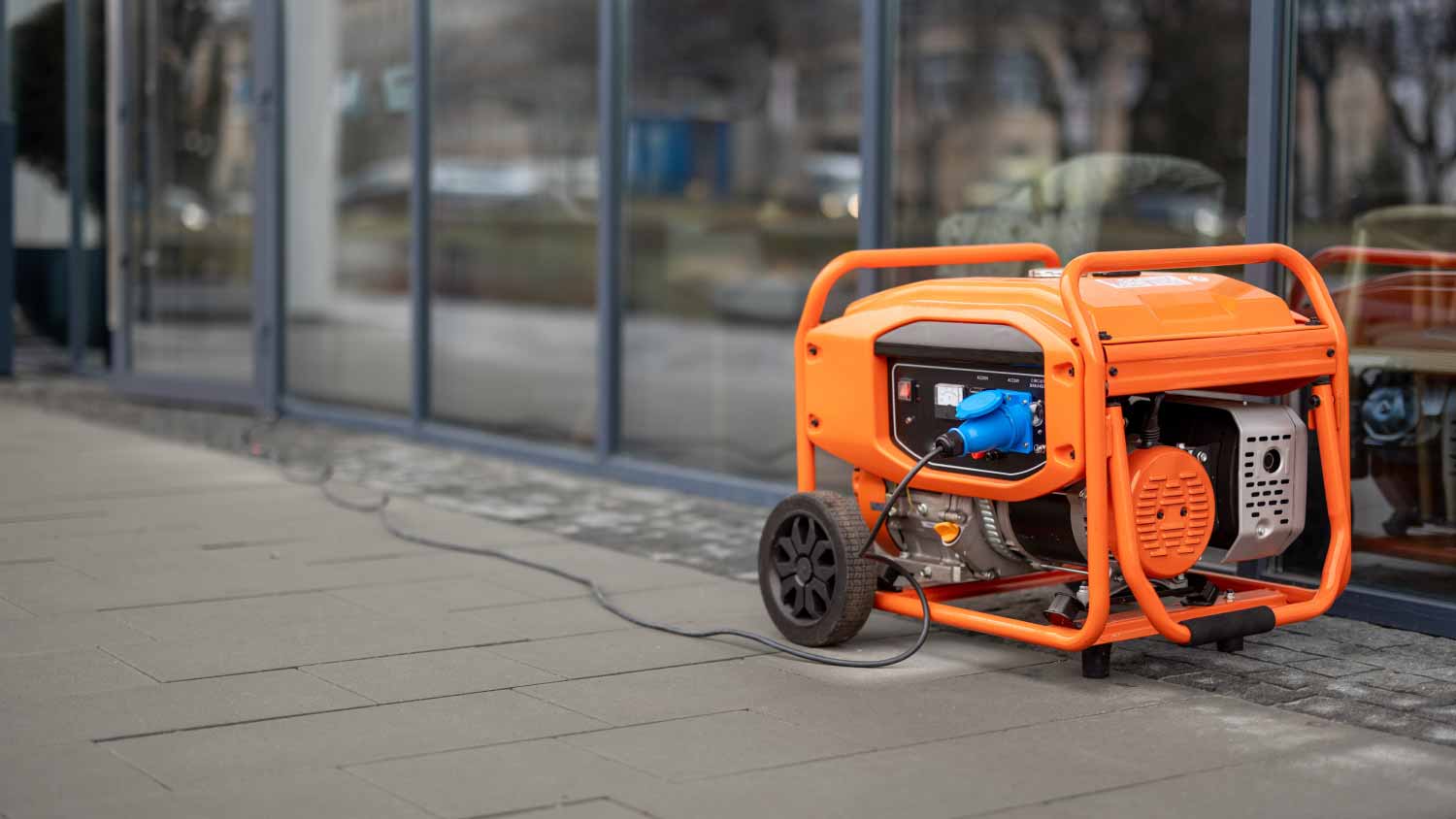
Construction companies often work late into the night to perform maintenance on busy roads or highways, which requires the help of a portable generator to power trailer-mounted light towers and other electronics. This addition acts as a safety measure to both the crews and any drivers or pedestrians who happen to pass by. This generator use also comes in handy for homeowners working on late-night projects.
12. Keep Your Sump Pump Flowing
People who live in regions that experience heavy rainfall and frequent flooding often install sump pumps in basements to prevent water from flowing inside the home. However, if you have a sump pump and your power goes out, water can accumulate and lead to flooded floors or other indoor catastrophes. Luckily, a generator can automatically take over and keep your sump pump working during strong thunderstorms or continuous rain, so you don’t have to worry.
13. Boating Power
Boat owners can benefit from bringing a generator on board, so long as it’s a specific type used for boating. This way, you’re never left out at sea if your motor goes out or power is lost to your vessel. Large-size generators that are made for boating are often quieter and have less vibration, so the noise won’t drown out the peaceful sound of the waves.
14. Back-Up Power for Off-the-Grid Areas
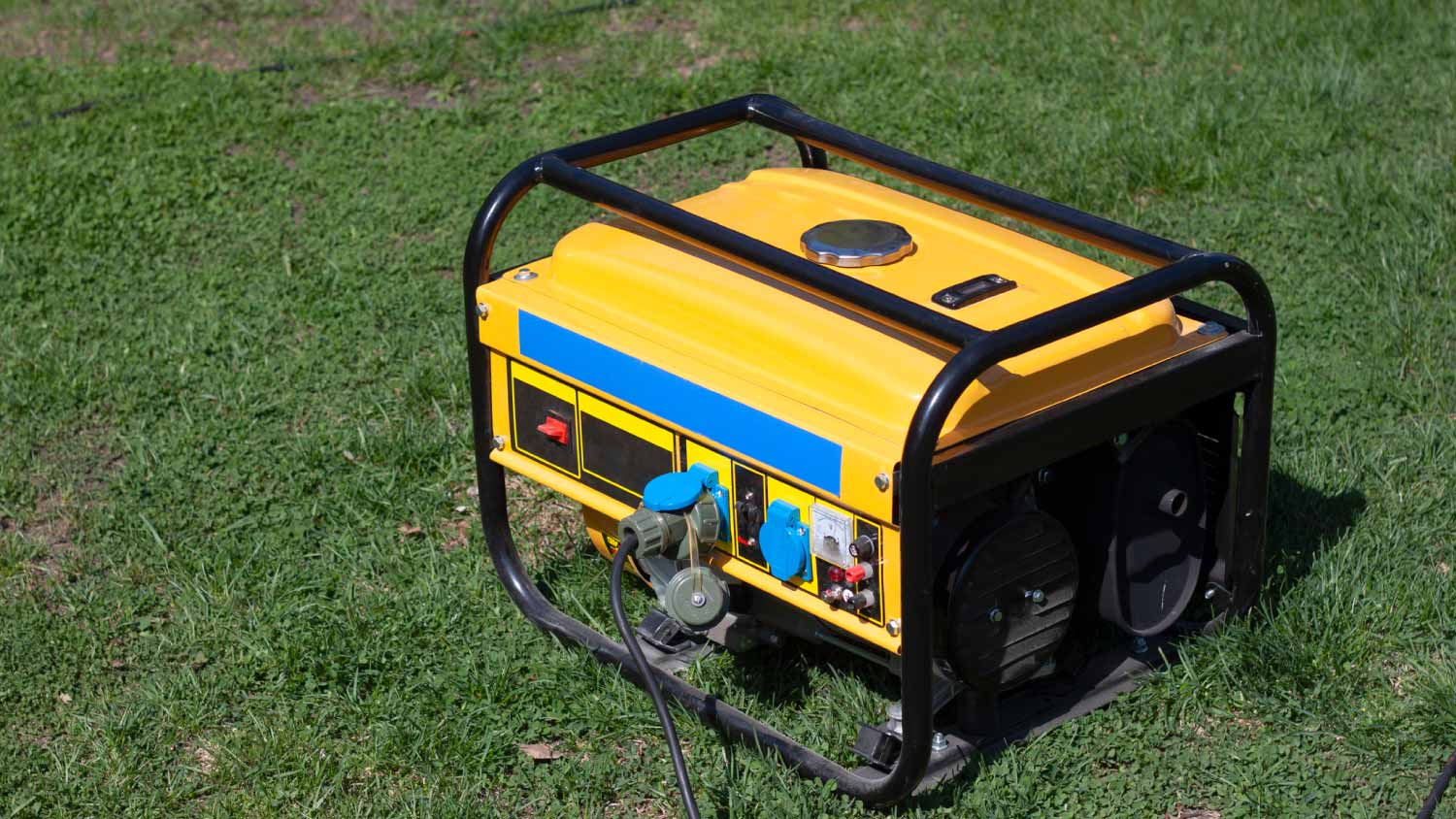
Although they may live off the land, farmers aren’t completely off the grid in terms of their operations. They depend on power for their irrigation systems and to heat up chicken coops or barns and stables. For this reason, one or multiple portable generators can not only keep their livestock comfortable but help power remote areas.
15. Power Up Medical Facilities
Homes and businesses aren’t the only places with a need for back-up generators. Hospitals, senior living centers, and medical laboratories also use them in emergencies since they often keep temperature-controlled vaccines or samples that could be damaged if the power goes out and temperatures rise. A generator allows medical and assisted living facilities to safeguard their supplies and operations when their main power source fails.





- Who Installs Generators? A Complete Guide
- Can a Generator Get Wet? What You Need to Know
- A Complete Generator Maintenance Checklist
- Who Can I Hire to Fix a Generator?
- Whole-House Generator Installation: A Complete Guide
- Whole-House Generator Sizing: Everything You Need to Know
- What Size Generator Do I Need? A Guide to Choosing the Right Generator for Your Home
- 8 Types of Generators for Homeowners
- 10 Things to Do When the Power Goes Out at Home
- Downed Wire in Your Yard: Who to Call










